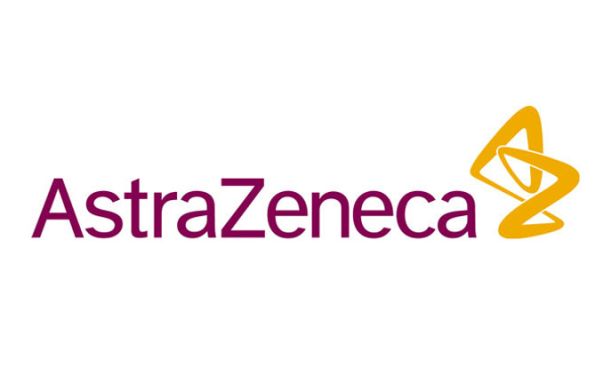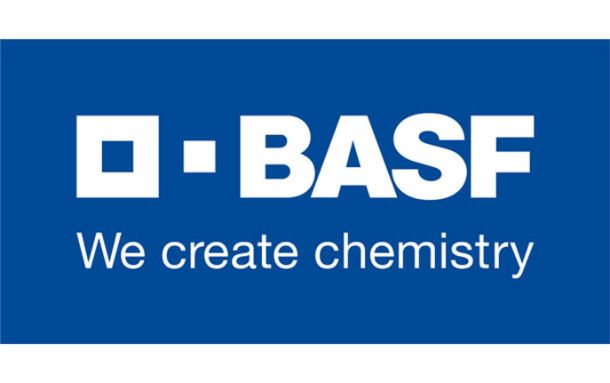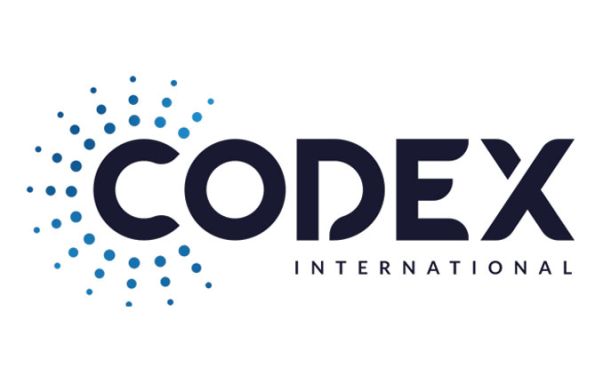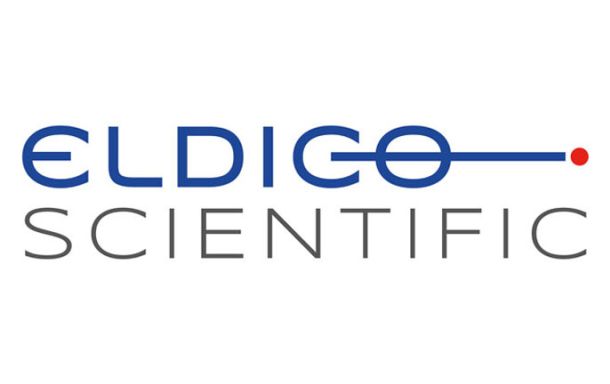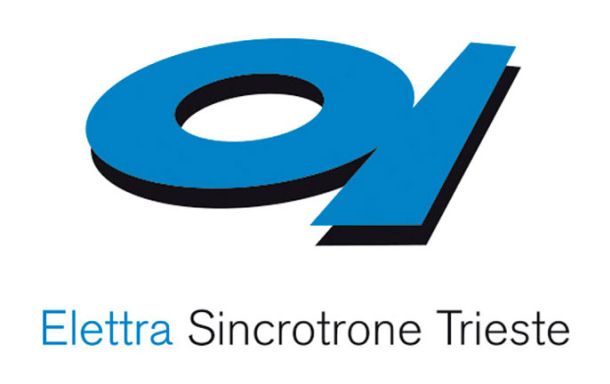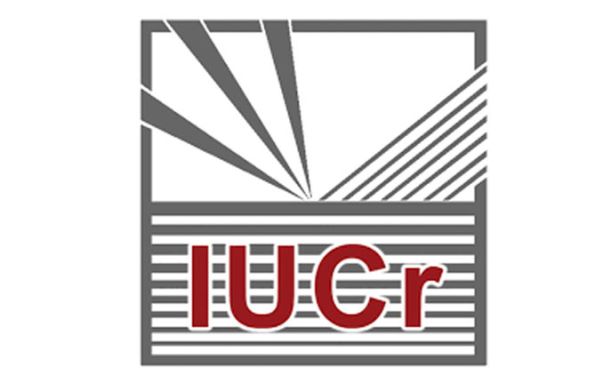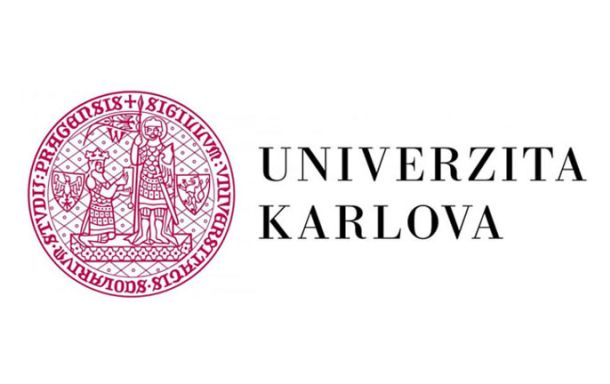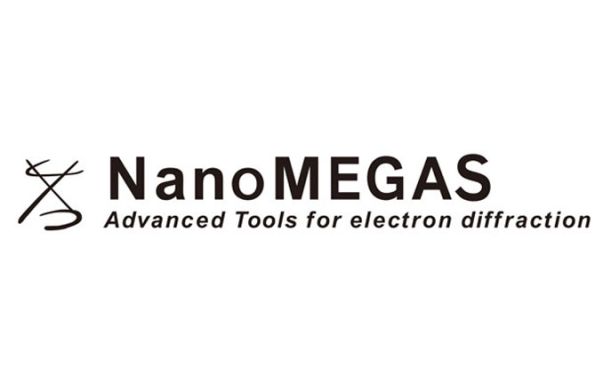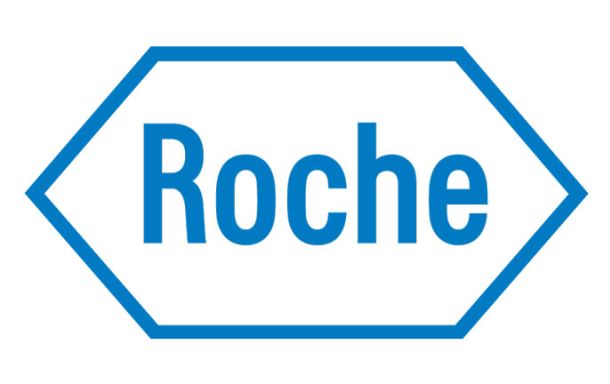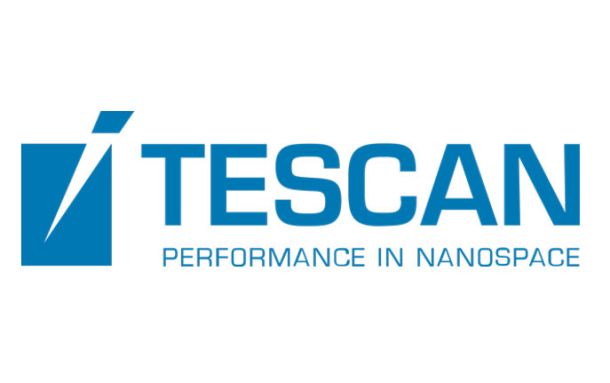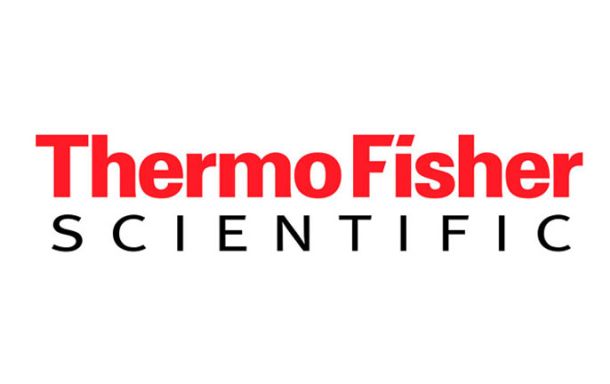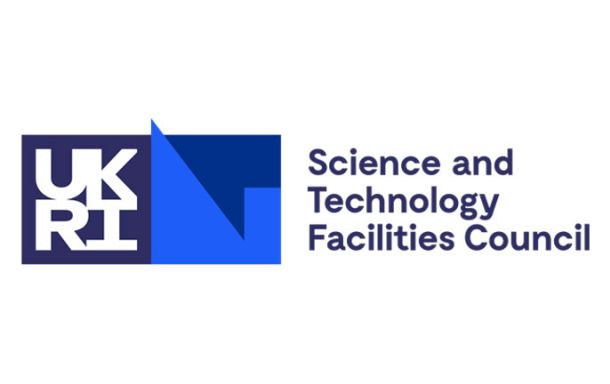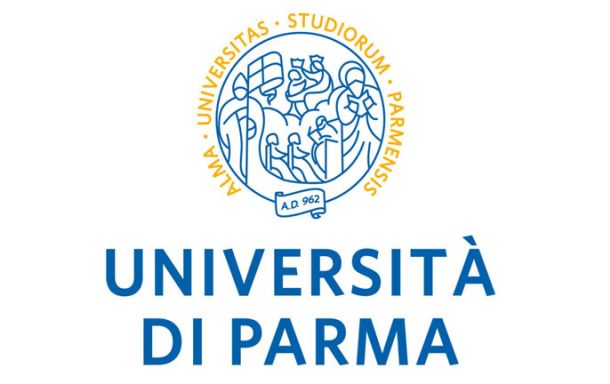Amsterdam Scientific Instruments (ASI)
Amsterdam Scientific Instruments (ASI) has emerged from Nikhef and AMOLF as a result of joint scientific efforts with CERN in order to develop a highly sensitive particle detector. The hybrid pixel technology was born from this collaboration and quickly found applications in various fields from medical physics to synchrotrons and to electron microscopy. This technology is based on sophisticated read-out ASICs, called Medipix/Timepix, where high resolution timing and spectral information of particles can be obtained. While CERN produces these ASICs, ASI has pioneered in utilizing these sensors to manufacture a single electron sensitive, electron detector, for transmission electron microscopes called CheeTah. The CheeTah stands as an excellent solution for the microscopy society, not only for basic electron diffraction experiments but also to answer the needs of recent complementary TEM techniques such as Precession Electron Diffraction, 4D STEM, cryo-EM and 3D ED Tomography, where standard CCD and CMOS detectors lack the competence to capture the information these methods can give.
Key Research Facilities
ASI has in-house test facilities (including x-ray safe lab) in Amsterdam as well as installations at TEM user facilities where we have access through special agreements.

